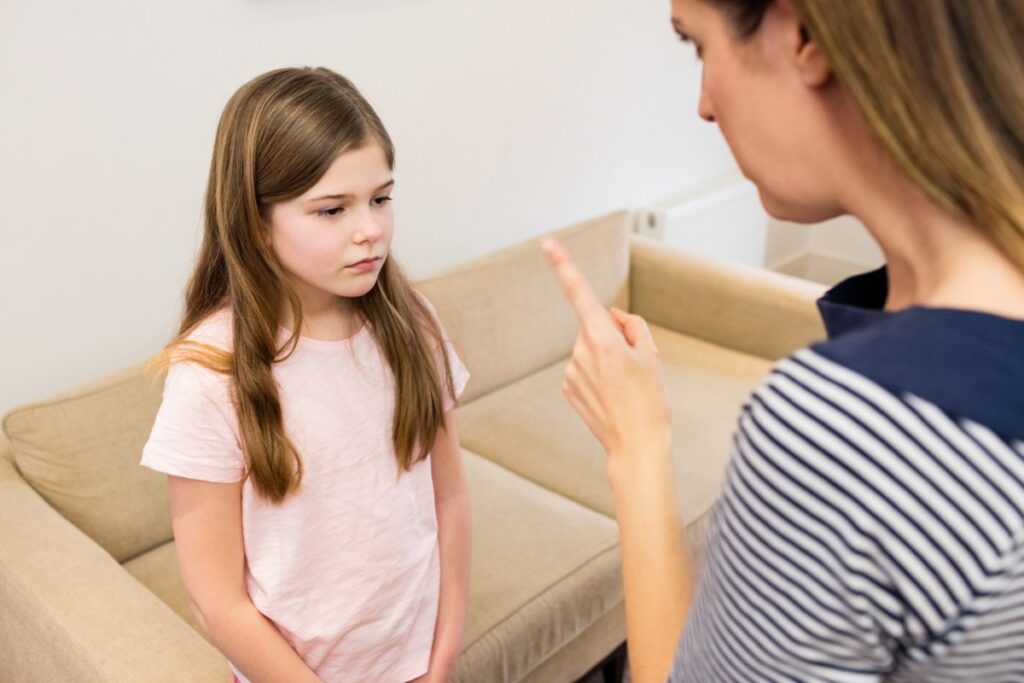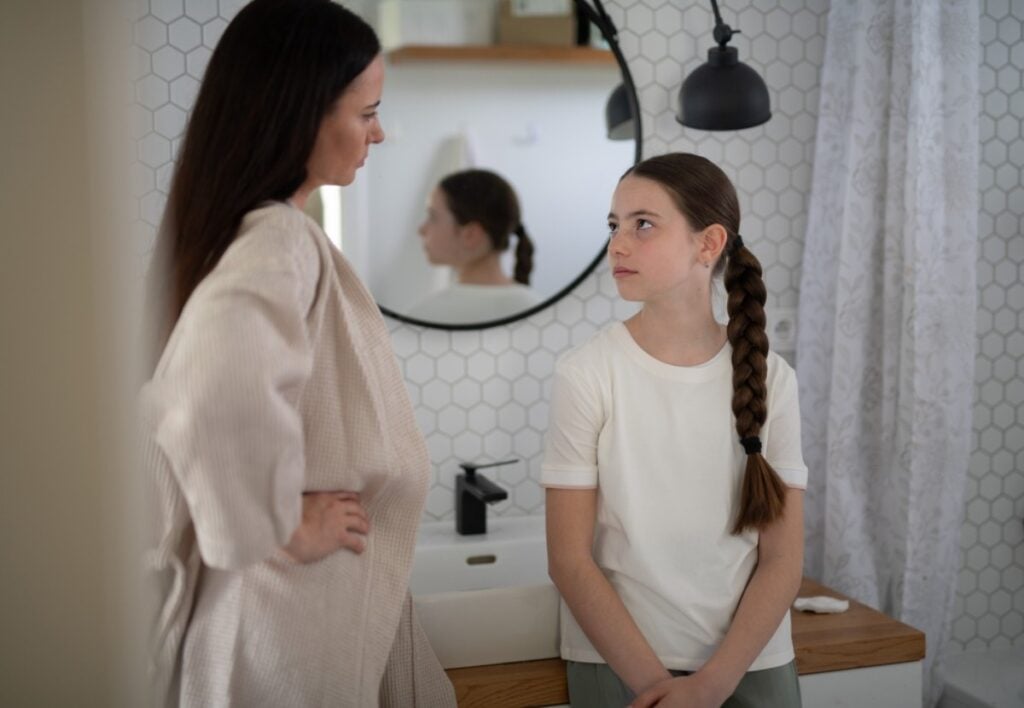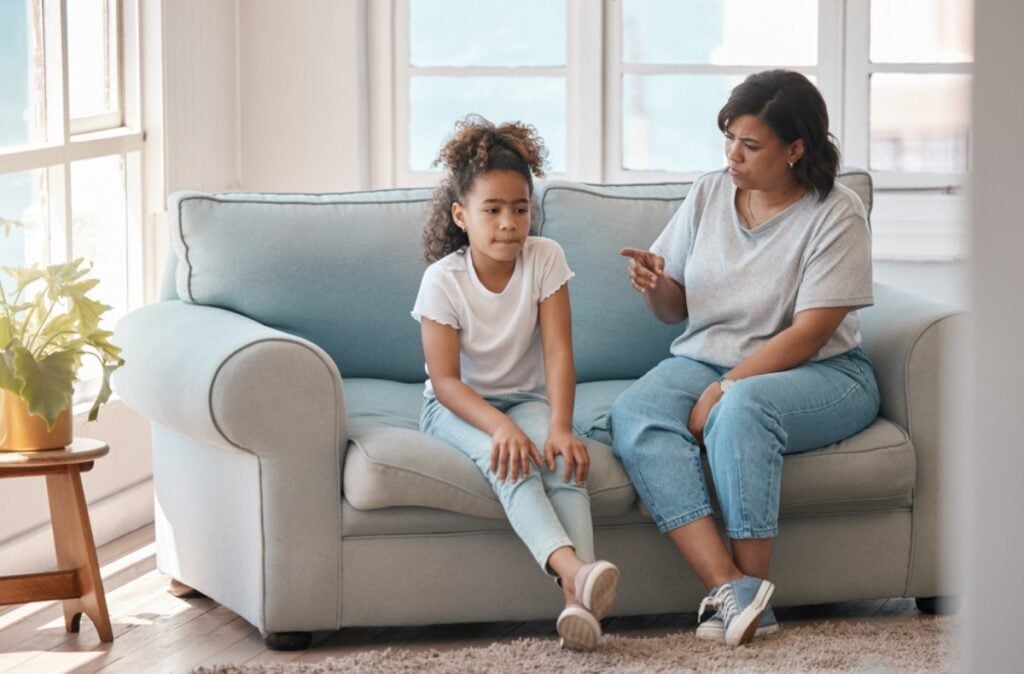7 Things Good Parents Tell Their Kids Without Realizing How Bad It Is For Them
Navigating parenthood comes with its fair share of tricky moments. Most parents want to encourage their kids and help them grow, but sometimes the things we say can have the opposite effect.
It’s easy to let certain phrases slip out, especially if you heard them growing up. Some of these common comments can leave a bigger mark than you realize.
You should be more like your sibling.

When parents say to be more like your sibling, it can sting. It might make you feel compared or not good enough just as you are.
This kind of comment can create tension between siblings. You might start to believe your own strengths don’t matter.
You could even feel like your parents care more about your sibling. Over time, hearing this can chip away at your confidence.
It’s important to remember that everyone brings something unique to the table. You don’t have to be like anyone else to be valued.
Because I said so.

You probably remember hearing “Because I said so” and feeling frustrated. This phrase doesn’t give any real explanation.
It can leave kids feeling powerless or confused about the rules. There’s no chance for discussion or understanding.
Explaining your reasons, even briefly, can help your child feel respected. It also teaches them to think things through.
A simple explanation like “We do this because it keeps you safe” can go a long way. Kids are more likely to listen when they know the reason behind your words.
You’re just being dramatic.

Being told you’re “just being dramatic” can make you want to bottle things up. It sends the message that your feelings aren’t important.
You might start to question if your emotions are valid. That’s tough for anyone, especially kids.
A better approach is to ask what’s bothering your child. Listening shows you care and helps them feel safe opening up.
Everyone deserves to have their feelings heard, no matter how big they seem. Validation builds trust and confidence.
Don’t be so sensitive.

Hearing “Don’t be so sensitive” can make you feel like you’re wrong for feeling anything at all. You may start to hide your emotions.
Kids sometimes learn to keep their feelings to themselves. This can make it harder to talk about emotions later in life.
Feeling things deeply is part of being human. When adults dismiss those feelings, it can leave you feeling alone.
Instead, help kids name and handle their emotions. Sensitivity is not a flaw—it’s a strength that helps you connect with others.
If you don’t do this, you’ll never succeed.

Comments like “If you don’t do this, you’ll never succeed” can make the world feel very black and white. It puts a lot of pressure on kids to get everything right.
This kind of talk can make kids afraid to try new things. They might worry that any mistake means total failure.
Success looks different for everyone and usually comes after some trial and error. Encouraging effort and curiosity matters more than following one path.
Kids need to know it’s okay to struggle and learn at their own pace. What counts is that they keep trying and find what makes them happy.
Stop crying, it’s not a big deal.

Telling a child to stop crying because something “isn’t a big deal” can be hurtful. Tears are how kids show their feelings.
When you brush off their emotions, it can teach them to hide what they really feel. This can make it harder for them to handle tough situations in the future.
Instead, try saying, “I see you’re upset.” It lets your child know their feelings matter.
Letting kids express their emotions helps them grow stronger and builds trust. Small changes in how we respond can make a huge difference.
You always mess things up.

Imagine hearing, “You always mess things up,” from someone you love. That kind of comment can stick with a child long after the moment has passed.
When kids hear these words, they can start to believe them. It chips away at their confidence and makes them doubt themselves.
They might become afraid to try new things. Taking risks and making mistakes are a big part of growing up, but harsh words can make kids want to avoid both.
Instead of generalizing, talk about the specific situation. Try saying, “This didn’t work out as planned, but let’s figure out how to fix it.”
This approach helps your child see mistakes as opportunities to learn. They feel supported and know you are there to help them grow.
Steer clear of labels like “failure.” Remind your child you believe in their ability to improve and learn from every experience.







